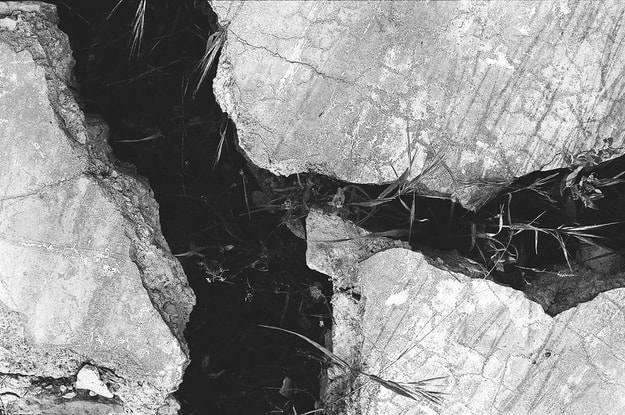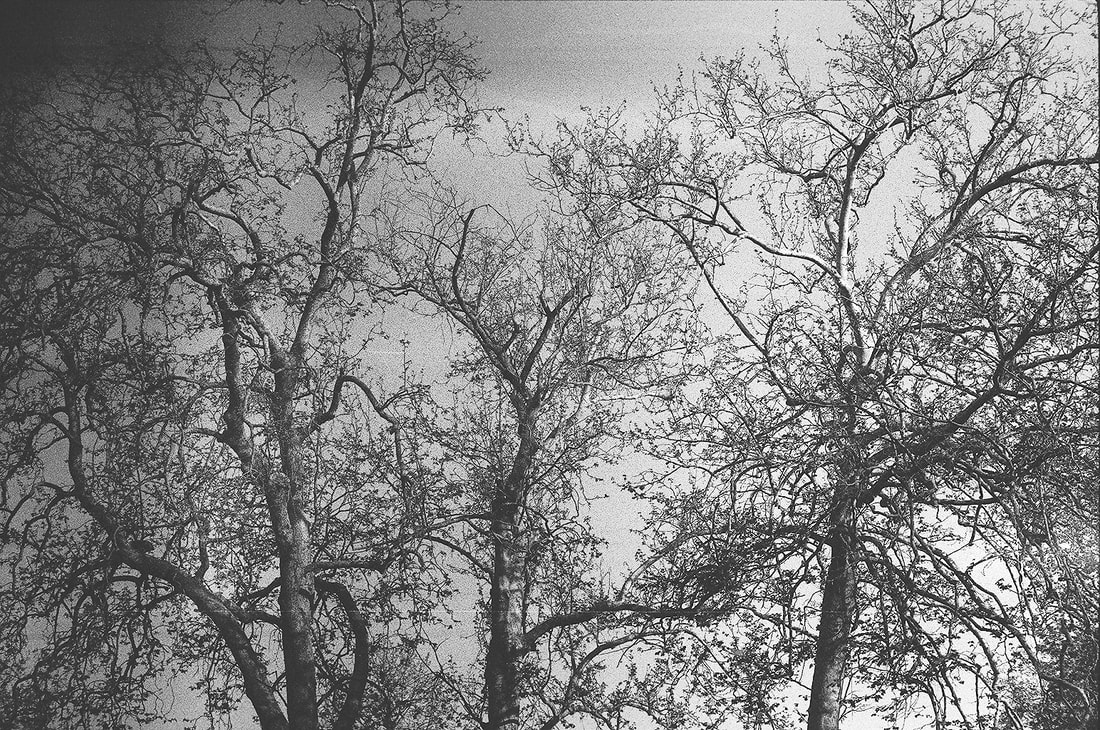Menu
|
After 15 seconds into Murur al-Kiram, Kinematik’s new album to be released on February 28, you already know that you are in for something exceptional. There is no way that an album can start with such a strong drum beat and then end up being a weak recording. Starting an album on a drum beat only also means one thing: Kinematik have thought about this album carefully; they know what they are doing and nothing is random. Murur al-Kiram is a real album, not a collection of songs that were “just ready” to be released. Kinematik may not know it, and they may not even care about it, but their album exactly follows the playbook of “how to approach album track order in the digital age”: start strong - tell a story - don’t worry about shuffling. “What is the story of Murur al-Kiram?,” I ask Kinematik when I meet them in Beirut at the beginning of 2020. Anthony Sahyoun, Rudy Ghafari and Akram Hajj all sip beers when talking to me in the basement of Riwaq, one of their usual hangout places. Anthony is the most outspoken member of the band, so he goes first, as often. “Our first album was a compilation of everything that we were able to do at that time,” he says. “The artistic decisions only had to do with our capabilities as musicians. It was like, ok, this is what we can express, this is what we know how to express, so let’s put it on record.” Rudy Ghafari adds his version of how the second album is different from the first one: “You can say that the first album was one big happy accident. Whereas the second album is a series of mini accidents.” Murur al-Kiram is indeed very different from Ala’, Kinematik’s first album. It contains less guitars and more synthesizers and is driven throughout the album by the multifaceted double drumming of Akram Hajj and Teddy Tawil (who is not an official member of Kinematik, but collaborates with Anthony on another exciting project, May Bardé). If I had to come up with an abstract of the underlying story of Murur al-Kiram, it would go like this: Murur al-Kiram starts with an optimistic, powerful beat which could be a metaphor for young boys enjoying a happy youth somewhere in the fresh air of the Lebanese mountains. Soon the drum beats are followed by synthesizer sounds, the musical expression of fantasy landscapes and future universes of which an innocent adolescent in Lebanon can only dream. "Our presence here is like Murur al-Kiram, like en passant. We are here, but they don't care." With “W Kaza”, the ninth song of the album, the Lebanese reality brutally kicks in. The song is pure destruction and exhaustion, like banging your fists in protest against the gate of a palace (or the building of a corrupt government, if we want to stay in the Lebanese context) that will remain closed, however strong you bang. Murur al-Kiram ends with “Roza” - the most “churchy” of our new songs, as Anthony explains - because after all, when everything in Lebanon is said and gone, religion will stay to soothe the ones that have not found their worldly redemption yet. Since October 17, 2019, the Lebanese again try to change their political system and in fact the entire society, having come out in masses to the squares and streets to protest against the ruling class, the corruption and the sectarian system that suffocates the country and its people. The album's title Murur al-Kiram, which can be freely translated as “the privileged are passing by”, is a sarcastic reference to how Kinematik feel about their situation as Lebanese citizens (and this even before the thawra, as the album was recorded prior to October 2019). Like many other Lebanese, the members of Kinematik sense that their presence in the country is not validated in any way. “It’s like a what-the-fuck-am-I-doing-here kind of thing,” says Anthony. “Our vote, our life has no value. We are stuck with the status quo, our presence here is like Murur al-Kiram, like en passant. We are here, but they don’t care.” “When you listen to W Kaza,” says Rudy, “then remember all your visits to Beirut. That’s the track that expresses most how we feel about everything.” Anthony agrees. “Track nine is literal exhaustion, that’s what it is. It’s exhaustion and defeat and it comes from the drumming. In this song we have this really heavy drum sound and this really heavy bass line. In the studio Akram was slowing down because he got exhausted playing it. And your impulse as a musician would be to pick up the tempo again. But we said no, don’t pick it up. Just get exhausted and let it slow down all the way.” Slow down until all your black thoughts have vanished. What happened to Lebanese band Mashrou’ Leila last year was a big shock for Kinematik. (Mashrou’ Leila were banned from playing at the Byblos festival in Lebanon in 2019. They became the victims of a political power game that was played out on the band’s back, with people leading an online campaign against them because of one or two lines within their lyrics that made references to religion. Of course the fact that Mashrou’ Leila’s lead singer is gay didn’t help their cause either.) “When we last met,” I tell the band, “we talked about your black thoughts. Your ideas about a lot of things are blacker than Mashrou’ Leila’s, but people don’t realize it because your songs have no words.” “Actually my mother said this to me when the Mashrou’ Leila thing happened,” Rudy says. “I was arguing with my mother. She told me, Rudy, your music is actually worse (than Mashrou’ Leila). When Mashrou’ Leila use a reference from the bible, people go crazy. Put words to your music and people would be very pissed off. It’s way worse.” So far Kinematik haven’t put words to their music, because it never felt organic and natural. “If we did,” says Akram, “I think that I would like to say something very melancholic and sad.” “True. there is sadness in our music,” Rudy comments. “But actually, and put the music aside, we are happy people. Despite the depressions we go through. And despite the anger.” Yes, the general tone of Murur al-Kiram is melancholic, however the album is not as gloomy as it might seem when reading these lines. There is also much beauty and hope in Kinematik's music. At the end of the day, Anthony, Rudy and Akram want to stay in Lebanon, they don't intend to leave the country as many Lebanese do. When Lebanese sound defeatist in their talk, it's often meant to be funny, not depressing. To make an album great, it’s not only the music that counts, but also the pauses and the transitions between the different parts of the recording. Judging by this, Kinematik have done an outstanding job with Murur al-Kiram. As Anthony keeps repeating during the interview: the band tried to be as honest and as hard on themselves as they possibly could when recording the album. The material was reworked and reworked until it felt right. There weren’t any hacks and cheap tricks allowed this time around. The composing of Murur al-Kiram was like “you have an idea, you try to abuse the idea,” Anthony explains. “And if the idea survives all of your abuses, then it was a good idea and you keep it.” The result is Murur al-Kiram. It is an album full of ideas that have survived. It is an album made by people who have survived. It is an album that won’t just pass by unnoticed. photos and cover art by Joe Saade
1 Comment
Leave a Reply. |
EditorKurt is based in Bern and Beirut is his second home. Always looking for that special angle, he digs deep into people, their stories and creations, with a sweet spot for music. Archives
September 2020
Categories
All
I'd love to discover you. Share your creations here.
|




 RSS Feed
RSS Feed
